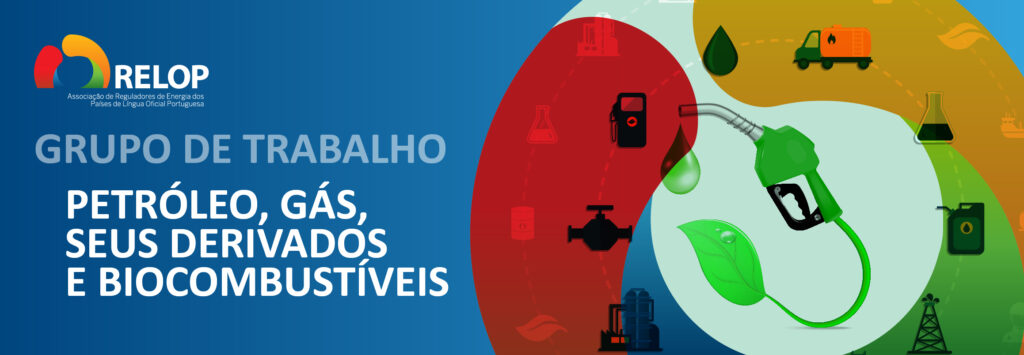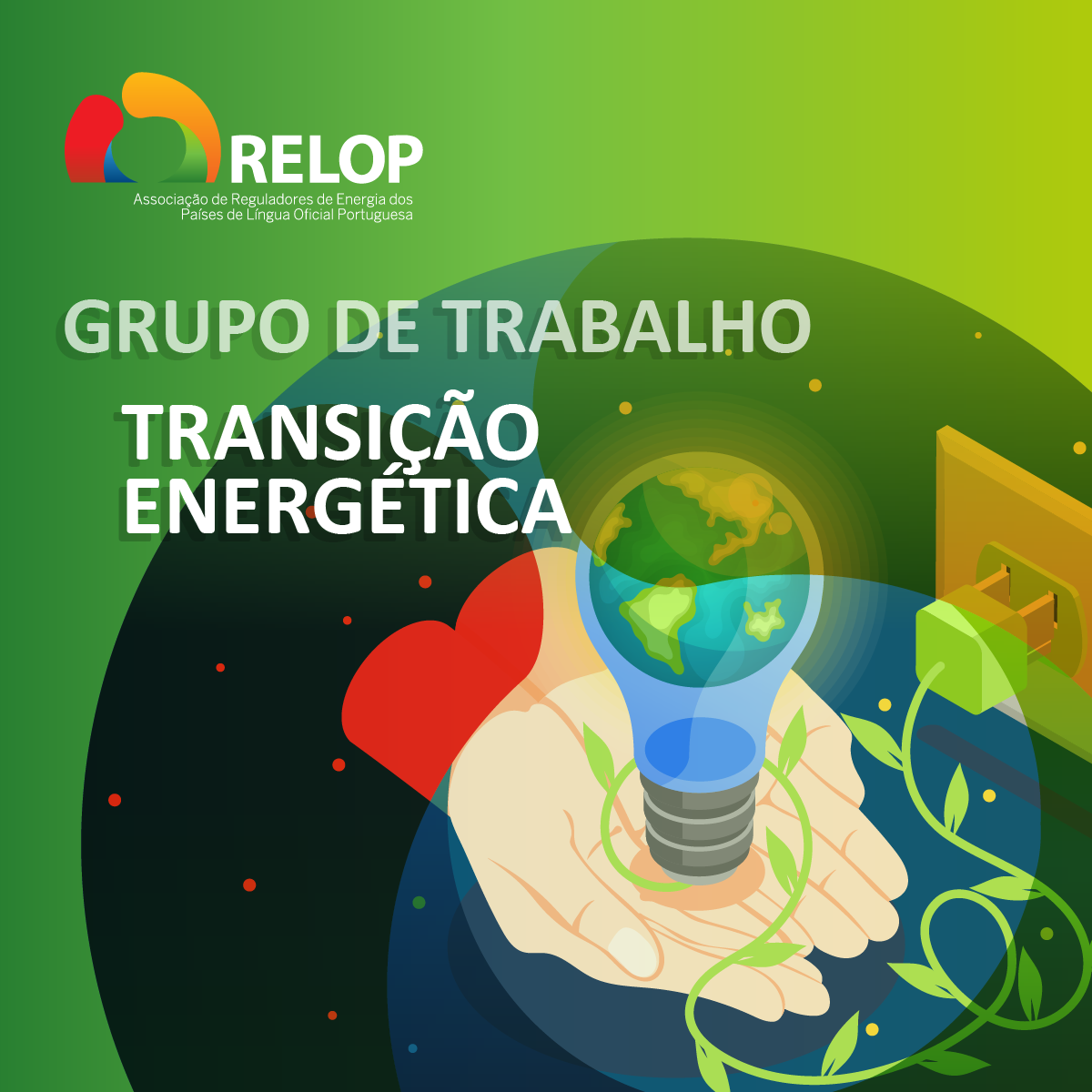Oil, Gas, its Derivatives, and Biofuels Working Group promotes a reflection session on ESG in the Oil Industry
Oil, Gas, its Derivatives, and Biofuels Working Group promotes a reflection session on ESG in the Oil Industry
On May 14, 2025, another session of the Oil, Gas, its Derivatives, and Biofuels Working Group (GT-PGB) of RELOP took place, focusing on the central theme: “ESG in the Oil Industry and the Challenges for Sector Regulation”.
The meeting aimed to promote a joint reflection among regulators, operators, and other stakeholders on environmental, social, and governance (ESG) best practices applied to the oil sector, as well as to discuss the main challenges and opportunities for regulation in the present and future contexts.
The session featured three main speakers from ERSE, TotalEnergies in Angola, and the company C-More.
During the first presentation, António Domingues, representing ERSE, shared a regulatory perspective on the challenges and pathways for integrating ESG criteria into the performance of energy sector regulators. He also highlighted the new European Directive 2022/2464 (CSRD), which strengthens sustainability reporting requirements, promoting greater transparency and integration with financial reports. Subsequently, António Domingues emphasized the obligation for objective reporting on topics such as carbon neutrality, waste management, gender equality, and corporate ethics. The EU Taxonomy was also addressed, establishing scientific criteria to identify environmentally sustainable economic activities, supporting the transition to a low-carbon economy that is more resilient and resource-efficient.
Samora Kitumba, representing TotalEnergies in Angola, discussed the sustainability and ESG strategy of TEPA (TotalEnergies EP Angola), highlighting the initiatives implemented in the Angolan context, as well as the company’s commitments to energy transition and sustainable development. The approach follows a pyramid-structured model, which is based on the Sustainable Development Goals and adapted to regional specificities. The actions are guided by five essential levers, namely: 1. energy consumption, 2. carbon emissions, 3. environmental issues, 4. community engagement, and 5. employee well-being. The four strategic pillars include sustainable energy, environmental care, social impact, and quality of life. The global goal is to achieve carbon neutrality by 2050, with a target of reducing emissions by 50% by 2030. In the energy transition process, the company focuses on efficiency and cleaner solutions, such as reducing gas flaring and adopting new technologies. Furthermore, it invests in social projects in Angola, covering 12 provinces, reinforcing its commitment to communities.
Francisco Granja, from the company C-More, presented innovative technological solutions for implementing and monitoring corporate ESG initiatives, focusing on digital management, traceability, and reporting tools. The company has developed a market-leading sustainability software, a plug-and-play SaaS model accessible to businesses of any size and institutions looking to enhance the ESG maturity of their portfolios and value chains. C-MORE emphasizes that social challenges require efforts beyond government and non-profit sectors, highlighting the crucial role of companies in building a sustainable future.
As pointed out by the Brundtland Report (1987), more sustainable and circular business models are a fundamental necessity to address today’s challenges without compromising the ability of future generations to do the same.
The exchange of experiences and dialogue promoted during this meeting reinforces RELOP’s commitment to fostering the alignment of regulatory practices with the principles of sustainability and socio-environmental responsibility in the oil sector.


